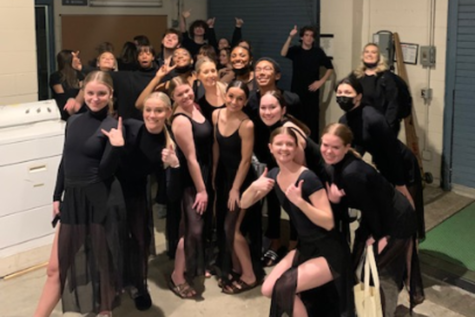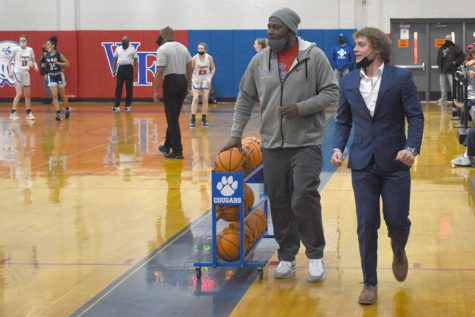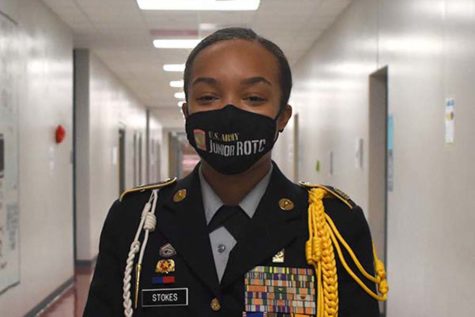Upperclassmen share hints and strategies for AP classes
March 6, 2018
When progressing through your high school career, it is possible to advance into AP classes which require more time and effort, as they build in rigor and in work load.
For those looking to enroll in AP courses, students who have already taken these classes have given their advice.
Junior Jackson Hackney claims it is important to adapt to new practices before taking these courses.
“Get better study habits to prepare yourself for for these hard classes,” Hackney said.
Senior Mason VanViegan, currently enrolled in AP Psychology and AP English, relies on resources outside of the classroom, also focusing on getting prepared ahead of time.
“I would tell the sophomores to get the review books for each of their AP courses over the summer and review them so they can get to know the material before the class starts,” VanViegan said. “It would allow them to stay ahead because once you fall behind in an AP class, it is really hard to catch up.”
In comparison to her junior year, Baylee Brock highlights the the ease of her first high school experiences.
“Enjoy sophomore year as much as possible because junior year kicks butt. Juggling AP classes is harder than the AP classes themselves. Always write down due dates and important assignments and make sure you have time to do them because you can get behind, very quickly,” Brock said.
Junior Makenzie Roberson stresses the importance of recognizing your abilities in school, and not taking classes you are unable to perform in.
“Know if you can handle one or not and know which level you should take your classes at, so you can actually get a good grade in that class. Know you’ll have to study and actually do some work in order to get an A,” Roberson said.
Making sure students complete their work promptly for each class is important. In order to keep on top of the work, there are resources that can be helpful to you.
“The most important thing is to do all of the reading and assignments and don’t procrastinate. AP classes are a lot of work, but it’s manageable if you plan ahead,” junior Emily Irvin said. “Also, be sure that when your teacher offers tutoring that you go. AP books are also valuable resources for tests and preparing for the AP exam.”
Junior Yennairy Pena states that you should enroll in courses that appeal to you.
“I would advise sophomores to take AP classes that interest them because they can be very rigorous, and if you’re interested in the subject it will make it much easier,” Pena said.
Tara Wadford, junior recognizes that there is more importance in taking AP courses than just getting good grades.
“It’s good to challenge yourself and I would recommend to take them even if you feel they’re too much. It’s a good learning experience. Even if you don’t do well, colleges will see that you challenged yourself,” Wadford said.
Junior Jessica Bidwell puts emphasis on the work ethic needed in and out of the classroom in order to achieve success.
“If I were to give advice to a sophomore about AP classes, I would definitely tell them that they will not be able to slack off in their home and class work,” Bidwell said. “They cannot be off task in lesson plans, and they need to study the material before every test or quiz— especially the textbook information. I would prepare them to spend much time and effort on these classes, and be sure they are able to make this commitment to their academics.”











